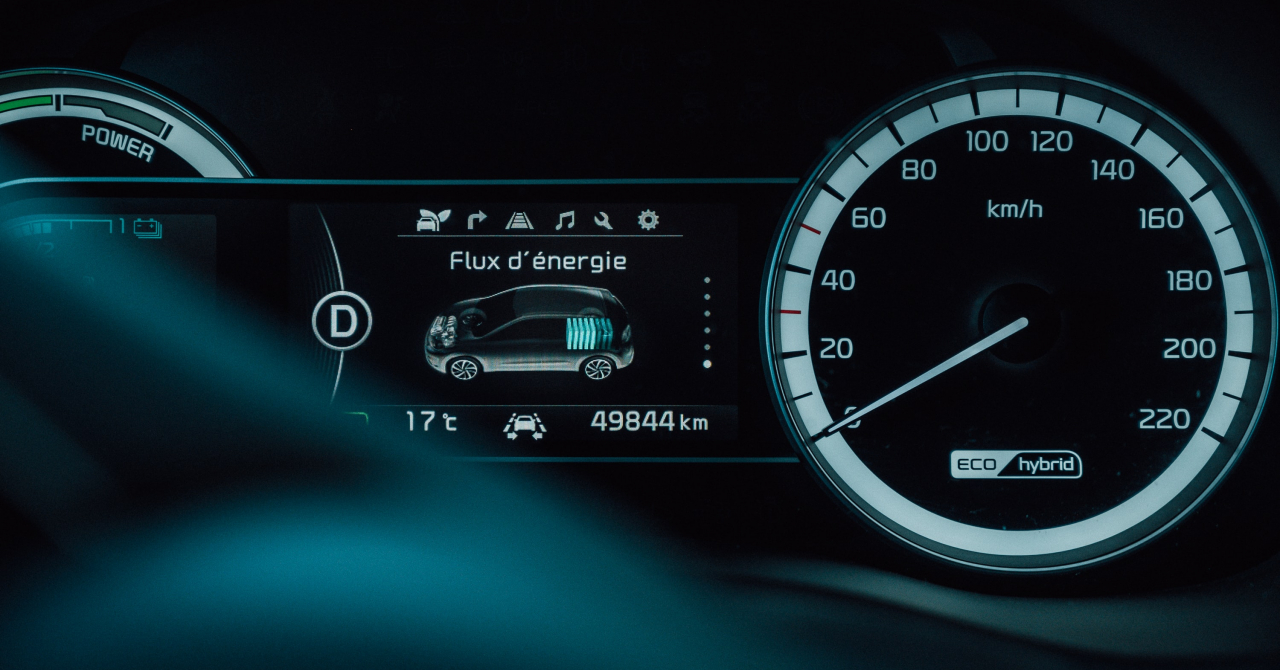According to Clean Tehnica, The European Federation for Transport and Environment is looking forward to this research, as it would present the real environmental impact of plug-in hybrid vehicles.
Regulators might overestimate how much PHEVs are being driven in electric mode, since these vehicles need their batteries juiced up from a power outlet or through regenerative braking, which is not as efficient as, say, non-plug-in hybrids.
The EU will significantly reduce the utility factors of these cars, which takes into account how much a person might drive the car in electric mode to reduce the emissions.
From 2027, EU authorities look to align utility factors with realistic measurements regarding how these vehicles are being driven on the road.
Anna Krajinska, emissions engineer at T&E, said that "for years, the emissions of plug-in hybrids were based on unrealistic driving conditions. The new rules reflect the reality that PHEVs pollute far more than carmakers claim. Governments which still incentivise the purchase of these fake electric vehicles need to stop those harmful subsidies now."
Data provided by the International Council on Clean Transportation shows that, on average, privately owned PHEVs could release three times more emissions into the atmosphere compared to companies' claims.
Company cars fair even worse, being expected to release about five times as much emissions compared to official numbers, meaning that carmakers expect them to be driven electrically for 70-85% of the time, while in reality these numbers fall to just 11-15% of the total distance covered in electric mode.
Plug-in hybrid vehicles are currently part of the EU's clean car rules, as they are considered as "low emission" vehicles and the law gives carmakers a bonus for any zero or low emission vehicle they manage to sell.
"We welcome the end of the myth that plug-in hybrids are low emissions vehicles. Carmakers will no longer be able to sell high volumes of PHEVs for the sole purpose of weakening their climate targets. If they want to avoid EU fines they will have to sell genuinely green cars that help reduce our oil consumption", Anna Krajinska added.
The EU will review its utility factors in 2024 using the cars' fuel consumption meters, which they expect to provide much more realistic data.
 Mihai - Cristian Ioniță
Mihai - Cristian Ioniță












Any thoughts?